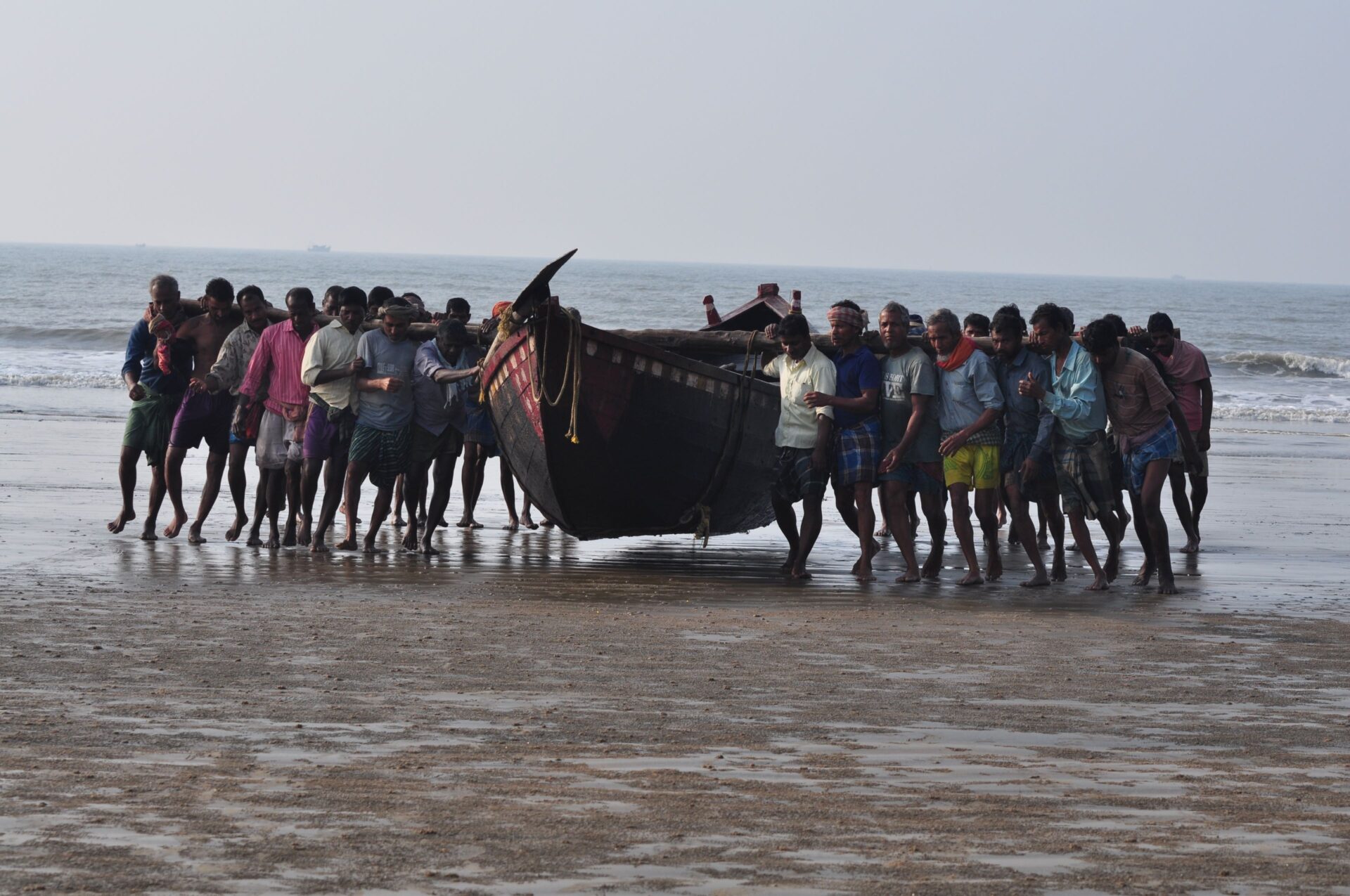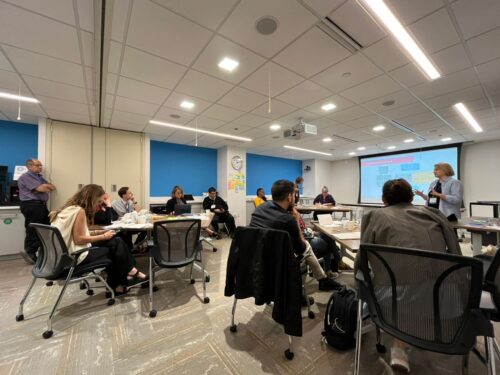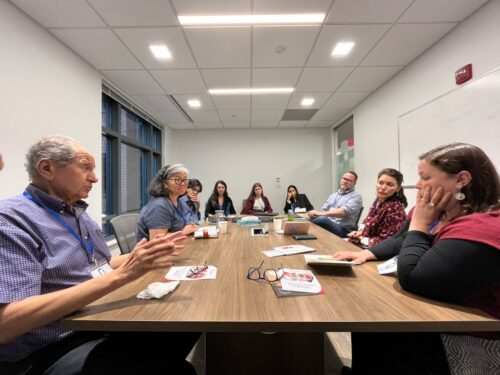
Enhancing NGO Coordination in Humanitarian Settings
Fora Forum 2024
Non-governmental organization (NGO) coordination at every level of a humanitarian response is critical to ensure quality, accessible programming reaches conflict- and disaster-affected people.
At the global level, the Inter-Agency Standing Committee (IASC) is the primary mechanism that coordinates humanitarian assistance—InterAction sits on the highest body of the IASC. In many countries where humanitarian action is implemented, IASC policy dictates the creation of a Humanitarian Country Team (HCT), which includes U.N. agencies, international and local NGOs, and other humanitarian groups. The HCT makes strategic decisions and ensures the response aligns with IASC policies.
To ensure that NGO voices are unified and heard in these discussions—as well as with local and national government bodies, donors, and other stakeholders—groups called NGO fora are established.
About NGO Fora
NGO fora are organizing bodies that represent the interests of NGOs directly involved in aid delivery in humanitarian settings. Active in nearly all of today’s acute and protracted crises—from Sudan to Bangladesh, Colombia to the Gaza Strip—NGO fora are platforms for exchanging information, sharing expertise, establishing common ways of working, and collectively engaging with external stakeholders.
They support humanitarian trends analysis and risk forecasting, minimize and mitigate operational risks, advance results-based design and prioritization of NGO-led responses, and serve as a key negotiator and external liaison for bureaucratic and administrative impediments to aid delivery. They bridge the voices of affected populations and in-country leadership bodies—such as the Humanitarian Country Team—and help raise key issues to global level bodies. In short, they enhance humanitarian operations and improve outcomes for affected populations.
Fora Forum
To help increase the effectiveness of operational actors, InterAction facilitates connections between forum leadership staff and international experts, providing them with evidence-based tools to enable a principled, accountable, and localized humanitarian responses.
As part of this support, InterAction welcomed 23 forum leadership staff from humanitarian and nexus settings across five continents to Washington, D.C., for a week of discussions, strategy-setting, advocacy, and action planning. The convening sought to enhance humanitarian coordination at the operational level and deepen connections between global-level and program-level learning and advocacy.
The week opened with a focus on leadership and influence, exploring how NGOs can adapt to the changing humanitarian landscape while amplifying their voices on the global stage. Representatives from Colombia, Burkina Faso, Yemen, Lebanon, Ukraine, Niger, Ethiopia, the Democratic Republic of Congo, and Cox’s Bazar (Bangladesh) held in-depth “context visits,” sharing their respective forum’s unique challenges and opportunities. These presentations engaged attendees in discussion and joint problem solving. InterAction experts in local leadership, the centrality of protection, and policy held discussions to identify opportunities to further learn from and engage forum staff.
Later in the week, participants engaged in bilateral meetings alongside D.C.-based InterAction Members with Congress, the U.S. Agency for International Development, the Office of Management and Budget, the State Department’s Bureau for Population, Refugees, and Migration, and the World Bank, among other key stakeholders. Forum staff also met with InterAction Member working groups to discuss ongoing efforts in their respective contexts, and several took part in the inaugural round of InterAction’s “Protection: The Game!”
The week wrapped up with a workshop dedicated to ethical decision-making in difficult environments. The closing strategic discussions focused on prioritizing next steps for the community of practice, with InterAction committing to ongoing support and collaboration moving forward.
Next Steps
InterAction is currently collating action points from the conference and beginning follow-up with the attendees as well as with forum staff who were unable to attend this year.
Enhanced cooperation will continue throughout the year until the next conference in 2025, where efforts will continue to better the delivery of humanitarian assistance across the globe.










